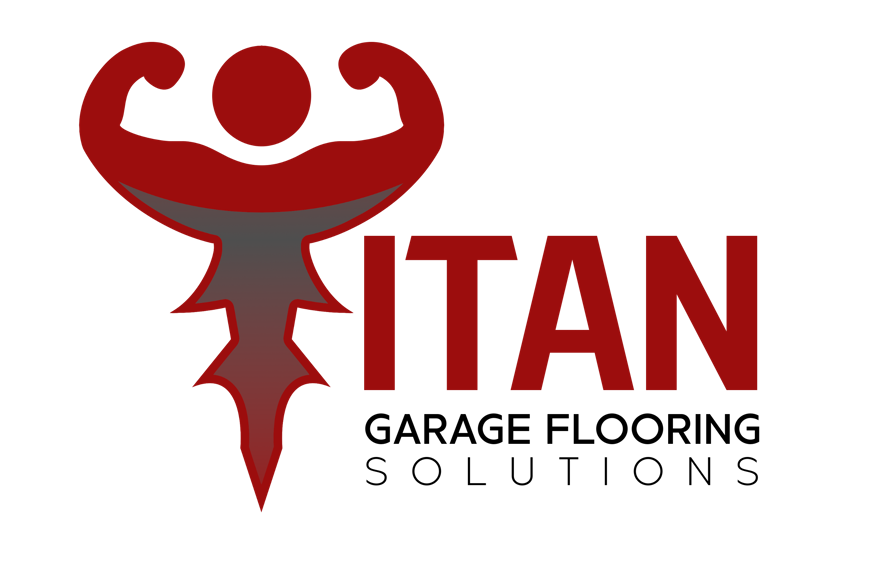Epoxy floors are great for industrial settings because they offer excellent resistance to chemicals, stains, and scratches. They provide a very durable flooring surface that you can use in any location with high traffic or heavy use of harsh chemicals.
The epoxy floor also provides an added layer of protection against spills and dirt tracking into the facility. Experts recommend epoxy floors for residential applications due to their extreme hardness and durability. This article will cover the benefits and disadvantages of epoxy floors, as well as a few tips to help you decide if this type of flooring is right for your facility.
Epoxy Flooring Advantages
Economical option: One of the most significant benefits of epoxy floors is their low cost. They are a much more economical alternative to other flooring installations, such as marble or porcelain. Besides, they require very little maintenance and last for years without fading or wearing out.
Weather-withstanding: Epoxy floors are great for use in all climates. While other flooring types grow dull or discolored over time, epoxy can stand up against the elements without fading or showing signs of wear and tear. Plus, it can handle excessive amounts of weight without buckling or swelling.
Long lifespan: As mentioned, epoxy floors are known for their longevity. They can take a beating without chipping or cracking and hold up to high levels of foot traffic much better than other flooring options. Plus, they are suitable for use in both residential and business settings, which makes them even more helpful.
Aesthetics: For the most part, epoxy is known for its durability, but it can also provide a pretty attractive look to your facility. They are available in a wide array of colors and patterns that you can match with any décor. It embraces granite, marbled, metallic, and a myriad of color mixes.
Epoxy Flooring Disadvantages
Long curing time: The epoxy flooring process takes at least 24 hours to complete and up to several weeks if it’s a complex project. Because of this, you can’t simply install it and walk away. You will need to plan and schedule the epoxy curing process outside of your regular business hours.
Slippery when wet: Another drawback to epoxy flooring is that it becomes incredibly slippery and dangerous when wet. For example, if you spill a chemical on an unfinished epoxy floor, you could slip and fall and hurt yourself or others. This also makes it unsuitable for use in bathrooms or other areas where spills are common.
Toxic fumes: An important disadvantage to this type of flooring is the fumes it emits while curing. When you’re applying epoxy, you must wear a mask Tornado Cash App and do so in a well-ventilated area. Once it has fully cured, there are no toxic fumes, and your staff can safely enter the room again. Even so, it’s still better to perform epoxy floor installation during non-business hours.
Complex removal: Epoxy is tough to remove once installed. If you ever decide to replace your flooring, you’ll need to hire professionals for the job because attempts at removing epoxy by yourself will only lead to frustration and wasted time.
Removing epoxy from your concrete floor is not always easy. It requires the proper preparation, tools, and chemicals, along with some hard work. You’ll need to follow a multi-step process that involves heavy grinding or sanding, taking off any old sealers or coatings, applying a bonding agent to your concrete surface if needed, and finally applying your new floor coating.
The Solution For This Drawbacks
Besides being the number one epoxy installer of Nashville, TN, Titan Garage Flooring Solutions offers you polyurea floor coating as an alternative to epoxy. Polyurea floor coatings are much more durable and have a shorter curing time. They’re also available in a range of finishes, so you can find one that matches your facility’s décor.
If you’re tired of your old flooring and want to install something more efficient and long-lasting, contact us at Titan Garage Flooring Solution in Nashville, TN. We have the experience and training needed for a successful epoxy or polyurea flooring installation. After you contact us, we will schedule an appointment to see your facility so we can develop a custom flooring plan just for you. Click on the link below for more.

